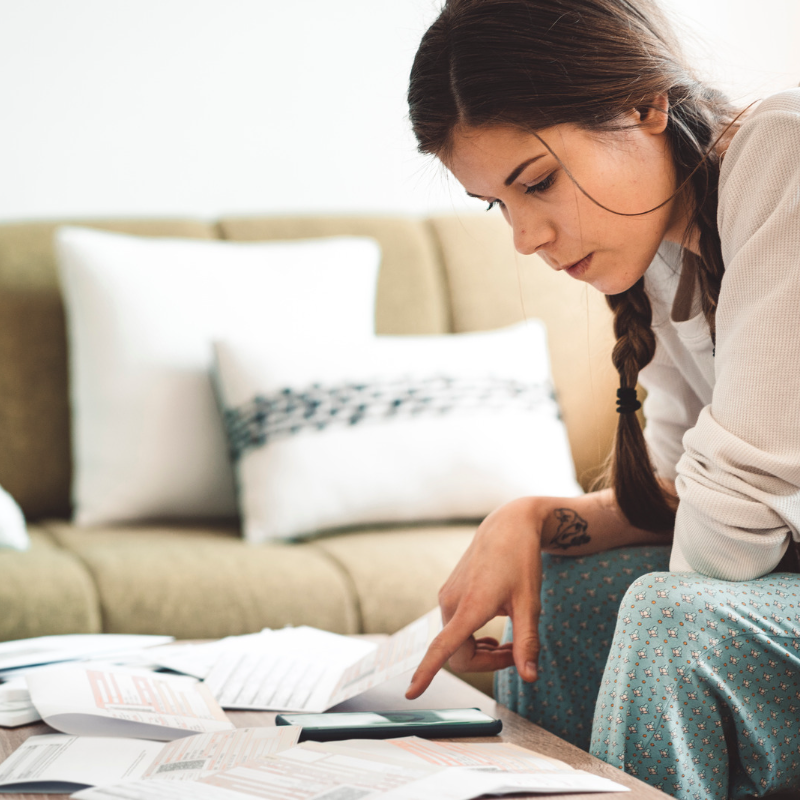Do you remember when your folks insisted on knowing where you were going, who you’d be with, and when you’d be back when you were a teen? It wasn't very pleasant then, but as an adult, you probably understand they just wanted you to be safe.
Well, we don’t care so much about the company you keep, but giving us the “where and when” of your travel plans can help prevent problems when you use your card, especially if you are traveling internationally.
One way financial institutions protect you from fraud is by analyzing your card use and looking for patterns. If there’s a sudden change in the types of charges on your card, or the location where your card is used, your card could be flagged and possibly blocked.
A block could also be triggered by use in a high-fraud area. Moreover, some retailers may use extra security when customers pay with out-of-area plastic cards.
Once a card is blocked, a phone call to your financial institution will usually clear up the issue so you can start using your card again. However, it may not always be convenient to make that call, so you can take a few steps ahead of time to avoid any hassle.
Before you travel with your Hanscom FCU debit or credit card:
- Contact us. You can call us, send us a secure email from your online account, or visit a branch to let us know your travel destination(s) and timeline. We’ll note the information so charges made during your trip won’t be identified as suspicious transactions.
- Know how to reach us. Write down the phone number to contact us, as well as the phone numbers for all your other card issuers. You may need to contact us about a transaction or report a lost or stolen card. Keep the information with you at all times. Consider storing a copy in your luggage or a hotel safe.
- Update your information. Be sure we have a current email address for you that you can access during your trip. Also, check that we have your mobile phone number. If you carry a second phone for international travel, remember that text messages sent to your primary number won’t be forwarded.
- Sign up for alerts. Set up email or text alerts for transactions on your card, so you’ll be notified of any fraudulent charges.
- Understand your limits. Be sure you know your card limit and whether there is a daily or per-transaction maximum. This is more common with debit cards, so check before you try to withdraw cash at an ATM.
- Know the fees. You may have to pay a foreign transaction fee each time you use your card internationally. There are cards that do not collect these fees, but they often come with an annual fee. Most issuers charge around 3%, but some tack on additional fees, so make sure you understand those costs.
- Watch your card. Be careful with your plastic cards. Keep them in your possession by using restaurants and shops that process the transactions in front of you rather than out of your sight.
- Choose the chip. Many plastic cards in the U.S. now carry chip technology that has long been the standard in other parts of the world. Your chip card is more likely to be accepted at self-service places, such as city bike rental stations.
- Carry a second card. It’s simply good insurance to have a backup card in case you have problems.














Comment